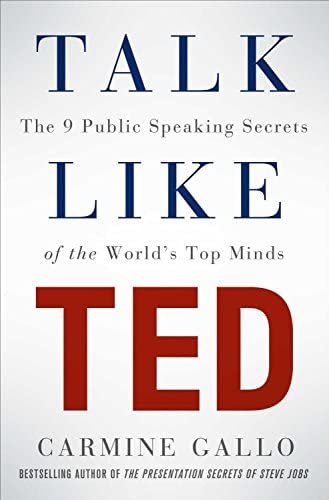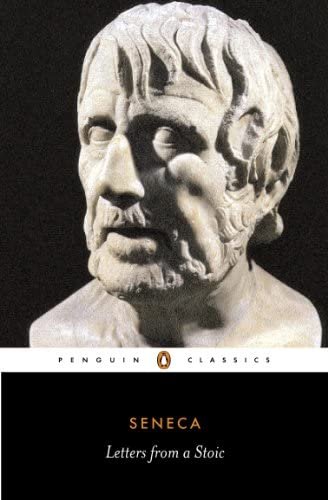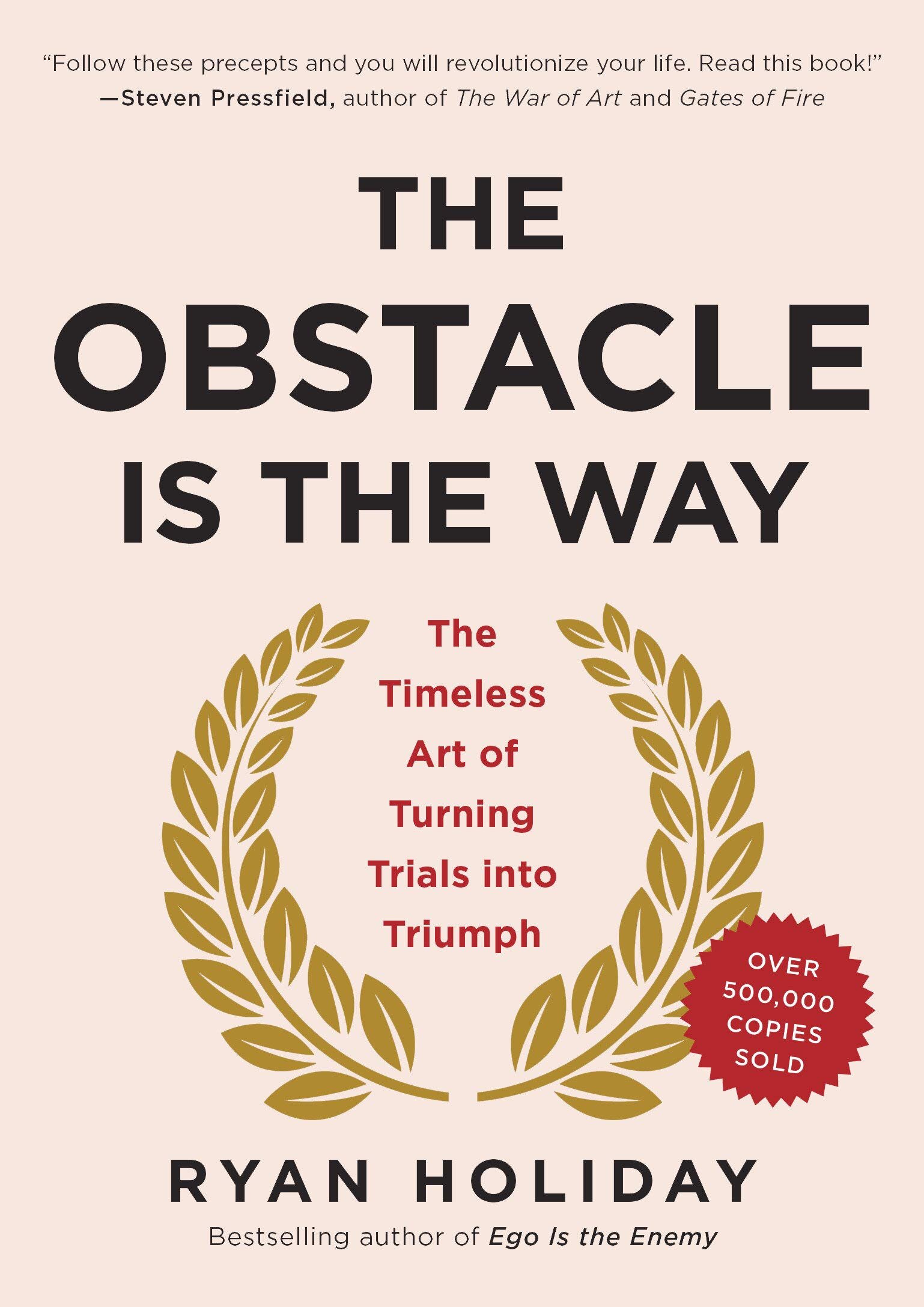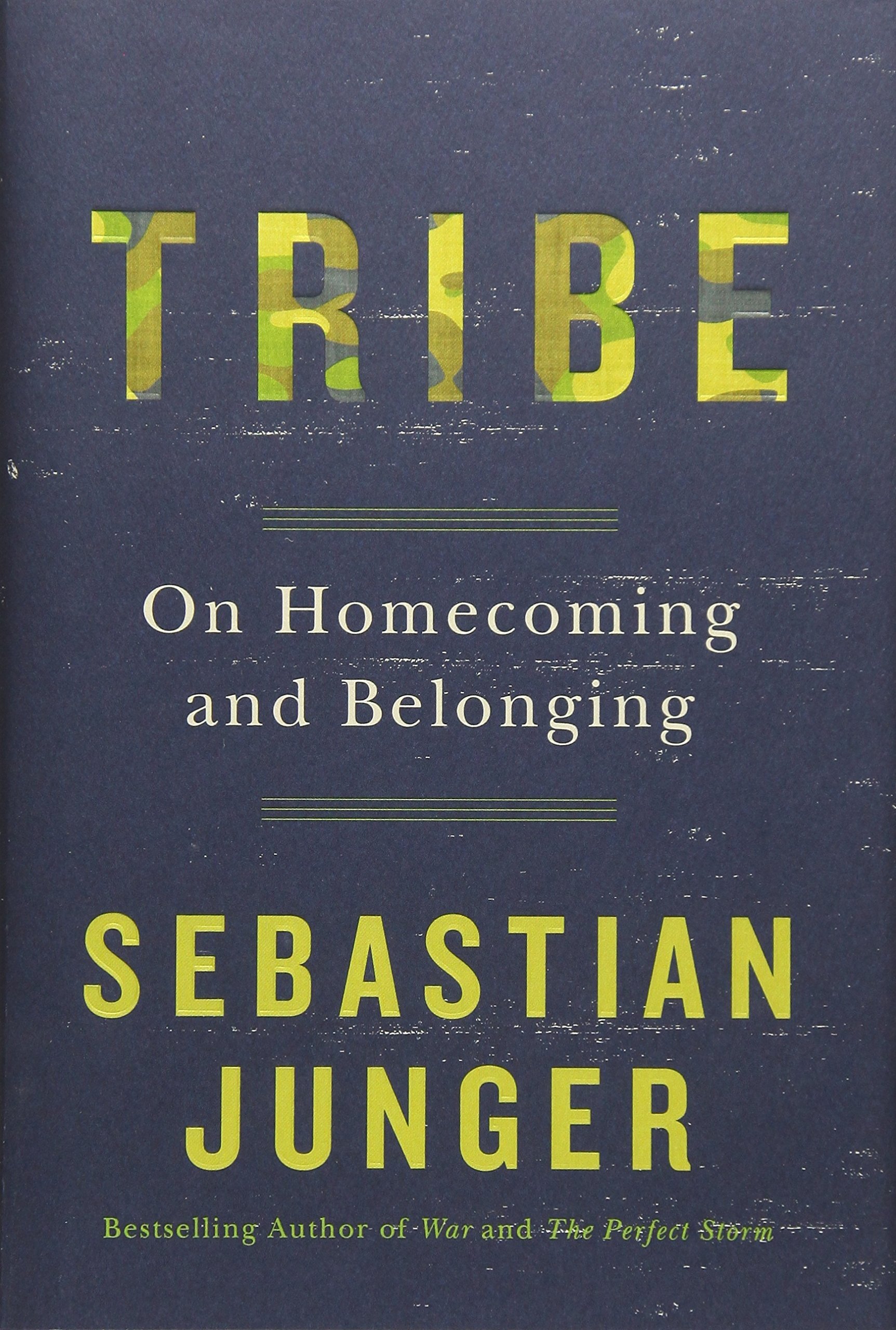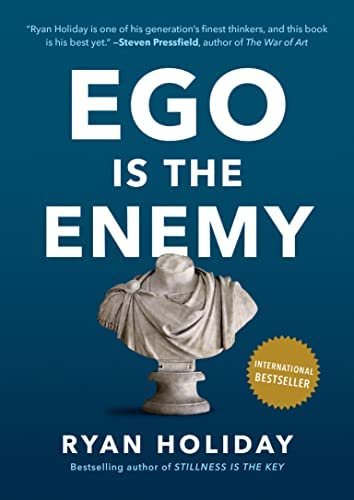The Antidote: Happiness for People Who Can't Stand Positive Thinking – by Oliver Burkeman
Date read: 3/11/17. Recommendation: 9/10.
Rejects the self-help industry and the "power" of positive thinking. One of my favorite books that I've read this year. Burkeman sees the obsession with positive thinking and attaining happiness as counterproductive, and the very thing that makes us unhappy. There are great chapters on Stoicism and negative visualization, meditation and non-attachment, resourcefulness and the myths of goal setting, as well as impermanence and the pitfalls of seeking safety above all else. Makes the case that living meaningfully starts with the negative path to happiness–one which embraces uncertainty, insecurity, and the realities of every day life–so you can better appreciate when things go right. Unrealistic positive expectations are not only ineffective, they're often counterproductive.
See my notes below or Amazon for details and reviews.
My notes:
Chapter 1 - On Trying Too Hard To Be Happy
The awkward truth seems to be that increased economic growth does not necessarily make for happier societies, just as increased personal income, above a certain basic level, doesn't make for happier people. Nor does better education, at least according to some studies. Nor does an increased choice of consumer products. Nor do bigger and fancier homes, which instead seem mainly to provide the privilege of more space in which to feel gloomy.
The effort to try to feel happy is often precisely the thing that makes us miserable. And that it is our constant efforts to eliminate the negative that is what causes us to feel so insecure, anxious, uncertain, or unhappy.
The alternative approach, a 'negative path' to happiness involves learning to enjoy uncertainty, embracing insecurity, stopping trying to think positively, becoming familiar with failure, even learning to value death.
The Stoic philosophers of ancient Greece and Rome, who emphasized the benefits of always contemplating how badly things might go. It lies deep near the core of Buddhism, which counsels that true security lies in the unrestrained embrace of insecurity - in the recognition that we never really stand on solid ground. It underpins the medieval tradition of memento mori which celebrated the life-giving benefits of never forgetting about death.
In business, drop obsession with goal setting, embrace uncertainty instead.
Trying to make everything right is a big part of what's wrong. Insecurity is the result of trying to be secure.
Crucial foundation to negative approach is that happiness involves paradoxes; that there is no way to tie up all the loose ends, however desperately we might want to.
Edgar Allan Poe - 'imp of the perverse': that nameless but distinct urge one sometimes experiences, when walking along a precipitous cliff edge, or climbing to the observation deck of a tall building, to throw oneself off - not from any suicidal motivation, but precisely because it would be so calamitous to do so.
People who seek out affirmations would be, by definition, those with low self-esteem.
Chapter 2 - What Would Seneca Do?
Stoics were among the first to suggest that the path to happiness might depend on negativity.
Stoicism, which was born in Greece and matured in Rome, should not be confused with 'stoicism' as the word is commonly used today - a weary, uncomplaining resignation that better describes the attitude of my fellow passengers on the Underground. Real Stoicism is far more tough-minded, and involves developing a kind of muscular calm in the face of trying circumstances.
Spending time and energy thinking about how well things could go, it has emerged, actually reduces most people's motivation to achieve them.
Stoicism came to dominate Western thinking about happiness for nearly five centuries.
"There is nothing either good or bad, but thinking makes it so." -Shakespeare, Hamlet
A more elegant, sustainable and calming way to deal with the possibility of things going wrong: rather than struggling to avoid all thought of these worst-case scenarios, they [Stoics] counsel actively dwelling on them, staring them in the face. Psychological tactic that is single most valuable technique in the Stoics' toolkit. They referred to it as 'the premeditation of evils,' also called 'negative visualization' (William Irvine).
Benefits of Negative Visualization:
1) One of greatest enemies of human happiness is 'hedonic adaptation' - any new source of pleasure is swiftly relegated to the backdrop of our lives, we become accustomed to it. Regularly reminding yourself you might lose any of the things you currently enjoy will reverse the adaptation effect. "Whenever you grow attached to something, do not act as thought it were one of those things that cannot be taken away..." -Epictetus
2) Antidote to anxiety. Confronting the worst-case scenario saps it of much of its anxiety-inducing power. Happiness reached via positive thinking can be fleeting and brittle; negative visualization generates a vastly more dependable calm.
As Seneca frequently observes, we habitually act as if our control over the world were much greater than it really is. In better times it's easy to forget how little we control: we can usually manage to convince ourselves that we attained the promotion at work, or the new relationship, or the Nobel Prize, thanks solely to our own brilliance and effort.
For the Stoics, however, tranquility entails confronting the reality of your limited control. 'Never have I trusted Fortune,' writes Seneca, 'even when she seemed to be at peace. All her generous bounties - money, office, influence - I deposited where she could ask for them back without disturbing me.' Those things lie beyond the individual's control; if you invest your happiness in them, you're setting yourself up for a rude shock. The only things we can truly control, the Stoics argue, are our judgments - what we believe - about our circumstances.
Essential to grasp a distinction here between acceptance and resignation: using your powers of reason to stop being disturbed by a situation doesn't mean you shouldn't try to change it.
Tranquility results from replacing our irrational judgments with rational ones. And dwelling on the worst-case scenario, the 'premeditation of evils', is often the best way to achieve this - even to the point, Seneca suggests, of deliberately experiencing those 'evils,' so as to grasp that they might not be as bad as you'd irrationally feared.
No wonder we get so anxious: we've decided that if we failed to meet our goal it wouldn't merely be bad, but completely bad - absolutely terrible. But nothing could ever be absolutely terrible because it could always be conceivably worse.
"If you accept that the universe is uncontrollable, you're going to be a lot less anxious." -Albert Ellis
Negative visualization more effective strategy than reassurance for helping those who are anxious. Ask: so what if worst fears did come true?
Chapter 3 - The Storm Before the Calm
Meditation has little to do with achieving any specific desired state of mind. It's about non-attachment - approaching life without clinging or aversion.
Rather than merely enjoying pleasurable things during the moments in which they occur, and experiencing the unpleasantness of painful things, we develop the habits of clinging and aversion: we grasp at what we like, trying to hold on to it forever, and push away what we don't like, trying to avoid it at all costs.
Learn how to stop trying to fix things, to stop being so preoccupied with trying to control one's experience of the world, to give up trying to replace unpleasant thoughts and emotions with more pleasant ones, and to see that, through dropping the 'pursuit of happiness', a more profound peace might result.
Motivational advice risks making things worse, by surreptitiously strengthening your belief that you need to feel motivated before you can act. By encouraging an attachment to a particular emotional state, it actually inserts an additional hurdle between you and your goal. The subtext is that if you can't make yourself feel excited and pleased about getting down to work, then you can't get down to work.
It is illuminating to note, here, how the daily rituals and working routines of prolific authors and artists - people who really do get a lot done - very rarely include techniques for 'getting motivated' or 'feeling inspired.' Quite the opposite: they tend to emphasize the mechanics of the working process, focusing not on generating the right mood, but on accomplishing certain physical actions, regardless of mood.
"Inspiration is for amateurs. The rest of us just show up and get to work." -Chuck Close
On meditation: my vantage point on my mental activity had altered subtly, as if I'd climbed two rungs up a stepladder in order to observe it from above. I was less enmeshed in it all.
Chapter 5 - Goal Crazy
"Future - That period of time in which our affairs prosper, our friends are true and our happiness is assured." -Ambrose Bierce
Chris Kayes on Everest Climbers (Into Thin Air Expedition) in 1996:
-The Everest climbers had been lured into destruction by their passion for goals. His hypothesis was that the more they fixated on the endpoint - a successful summiting of the mountain - the more than goal became not just an external target but a part of their own identities, of their senses of themselves as accomplished guides or high-achieving amateurs.
Typical Everest climber: someone who demonstrated considerable restlessness, dislike for routine, desire for autonomy, tendency to be dominant in personal relations, and a lack of interest in social interaction for its own sake. Their felt need for achievement and independence was very high. Climbers tend to be domineering loners with little regard for social convention.
Yale Study of Goals, 1953:
-Students graduating asked by researchers whether or not they had formulated specific, written-down goals for the rest of their lives. Only 3 percent of them said they had. Two decade later, the researchers tracked down the class of '53, to see how their lives had turned out. 3 percent with written goals had amassed greater financial wealth than the other 97 percent combined. The only problem is that it is indeed a legend: the Yale study of Goals never took place.
Many of us, and many of the organizations for which we work, would be better to spend less time on goal setting, and, more generally, to focus with less intensity on planning for how we would like the future to turn out.
This need not be taken as an argument for abandoning all future planning whatsoever, but it serves as a warning not to strive too ardently for any single vision of the future.
Steve Shapiro: Giving up goals and embracing uncertainty instead. Promised to help him achieve more, by permitting him to enjoy his work in the present. Goal-free living simply makes for happier humans.
The most valuable skill of a successful entrepreneur isn't vision or passion. It's the ability to adopt an unconventional approach to learning an improvisational flexibility not merely about which route to take towards some predetermined objective, but also a willingness to change the destination itself. This is a flexibility that might be squelched by a rigid focus on any one goal.
Chapter 5 - Who's There?
The ego, [Eckhart] Tolle likes to say, thrives on drama, because compulsive thinking can sink its teeth into drama. The ego also thrives on focusing on the future, since it's much easier to think compulsively about the future than about the present.
"When you listen to a thought, you are aware not only of the thought, but also of yourself as the witness of the thought. A new dimension of consciousness has come in." -Eckhart Tolle
The thought then loses its power over you, and quickly subsides, because you are no longer energizing the mind through identification with it. The is the beginning of the end of involuntary and compulsive thinking.
"Most humans are never fully present in the now, because unconsciously they believe that the next moment must be more important than this one. But then you miss your whole life, which is never not now." -Eckhart Tolle
Chapter 6 - The Safety Catch
"Security is a kind of death. I think." -Tennessee Williams
It turns out to be an awkward truth about psychology that people who find themselves in what the rest of us might consider conditions of extreme insecurity - such as severe poverty - discover insights into happiness from which the rest of us could stand to learn.
We fear situations in which we feel as though we have no control, such as flying as a passenger on an airplane, more than situations in which we feel as if we have control, such as when at the steering wheel of a car. Vastly more likely to be killed as the result of a car crash...
International surveys of happiness - including several reputable research projects such as the World Values Survey - have consistently found some of the world's poorest countries to be among the happiest. (Nigeria, where 92% of the populations lives on less than two dollars a day, has come in first place.)
The point is certainly not that it's better not to have money, say, than it is to have it. But it's surely undeniable that if you don't have it, it's much harder to overinvest emotionally in it. The same goes for prestigious jobs, material possessions, or impressive educational qualifications: when you have little chance of obtaining them, you won't be misled into thinking they bring more happiness than they do.
Living with fewer illusions means facing reality and insecurity head-on.
To seek security is to try to remove yourself from change, and thus from the thing that defines life. 'If I want to be secure, that is, protected from the flux of life,' Alan Watts writes, 'I am wanting to be separate from life.'
This, then, is the deep truth about insecurity: it is another word for life. That doesn't mean it's not wise to protect yourself, as far as you can, from certain specific dangers. But it does mean that feeling secure and really live life are, in some ultimate sense, opposites. And that you can no more succeed in achieving perfect security than a wave could succeed in leaving the ocean.
Chapter 7 - The Museum of Failure
Our resistance to thinking about failure is especially curious in light of the fact that failure is so ubiquitous.
Evolution itself is driven by failure; we think of it as a matter of survival and adaptation, but it makes equal sense of think of it as a matter of not surviving and not adapting.
Illusory superiority: mental glitch that explains why vast majority of people tell researchers that they consider themselves to be in the top 50% of safe drivers - even though they couldn't possibly all be.
Any advice about how to succeed, in life or work, is at constant risk of being undermined by survivor bias. We ignore or avoid failure so habitually that we rarely stop to consider all the people who may have followed any set of instructions for happiness or success - including those advanced in these pages - but then failed to achieve the result.
Neil Steinberg, journalist: "Musing over failure is not a particularly American activity. Sure it's big in Europe, where every nation, at one time or another, has had a lock on greatness, only to fritter it away smothering monster palaces in gold leaf and commissioning jeweled Fabergé eggs by the dozen. England had her empire; Spain her Armada; France, her Napoleon; Germany, it's unspeakable zenith. Even Belgium had a moment of glory..."
The vulnerability revealed by failure can nurture empathy and communality.
We too often make our goals into parts of our identities, so that failure becomes an attack on who we are.
Training to failure isn't an admission of defeat - it's a strategy.
JK Rowling: "Simply because failure meant a stripping away of the inessential. I stopped pretending to myself that I was anything other than what I was, and began to direct all my energy into finishing the only work that mattered to me...I was set free, because my greatest fear had been realized and I was still alive. [Failure] gave me an inner security that I had never attained by passing examinations...Such knowledge is a true gift, for all that is painfully won, and it has been worth more than any qualification I ever earned."
Chapter 8 - Memento Mori
Epicurus made the point, what has become known as the 'argument of symmetry.' Why do you fear the eternal oblivion of death, he wonders, if you don't look back with horror at the eternal oblivion before you were born.
The more you remain aware of life's finitude, the more you will cherish it, and the less likely you will be to fritter it away.
Living more meaningfully will reduce your anxiety about the possibility of future regret at not having lived meaningfully - which will, in turn, keep sapping death of its power to induce anxiety.
Epilogue - Negativity Capability
Sometimes the most valuable of all talents is to be able not to to seek resolution; to notice the craving for completeness or certainty or comfort, and not to feel compelled to follow where it leads.
For the Stoics, the realization that we can often choose not to be distressed by events, even if we can't choose events themselves, is the foundation of tranquility.


